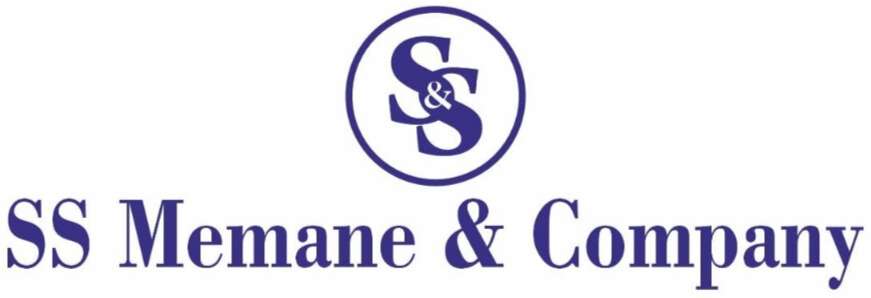Copyright Registration
Quick Contact
Documents Required
- Application Form
- No Objection Certificate (NOC
- Aadhaar Card
- Power of Attorney (if applicable)
Copyright Registration
Copyright registration is the process of legally securing the rights to original works of authorship, such as literary, dramatic, musical, and artistic works, as well as films, sound recordings, and software. While copyright protection is automatic upon the creation of a work, registering it with the Copyright Office provides legal evidence of ownership and grants the author exclusive rights to reproduce, distribute, and publicly display their work. In India, copyright is governed by the Copyright Act, 1957.
Benefits of Copyright Registration
Legal Protection:
- Registration provides a public record of ownership, which can be crucial in legal disputes over infringement.
Exclusive Rights:
- The copyright holder gains exclusive rights to reproduce, distribute, perform, and display the work, as well as create derivative works.
Proof of Ownership:
- A registered copyright serves as prima facie evidence in court, proving the creator’s ownership of the work.
Public Notice:
- Registration puts the world on notice that the work is protected by copyright, deterring potential infringers.
Eligibility for Statutory Damages:
- In case of infringement, registered copyright holders may be eligible for statutory damages and attorney’s fees, which might not be available without registration.
Transfer and Licensing:
- Registration facilitates the transfer or licensing of rights to others, allowing the copyright holder to monetize their work.
Documents Required
Application Form (Form XIV):
The completed application form specific to the type of work being registered.
Copies of the Work:
Two copies of the work for literary, dramatic, or artistic works. For other types of works, appropriate copies or representations must be submitted.
Author’s Identity Proof:
Proof of identity and nationality of the author and applicant, such as a passport, Aadhaar card, or driver’s license.
No Objection Certificate (NOC):
If the applicant is not the author, an NOC from the author or copyright holder is required.
Power of Attorney (if applicable):
If the application is filed by an agent or attorney, a Power of Attorney must be submitted.
Published Work Details (if applicable):
If the work has been published, details such as the date of publication and publisher information must be provided.
Copyright Registration Process
Creation of Work:
Copyright protection begins automatically once an original work is created and fixed in a tangible form. However, registration is recommended for additional legal protection.
Application Submission:
The copyright owner or an authorized agent must file an application online through the Copyright Office’s official portal or manually at the Copyright Office. The application should include:
Details of the applicant and author.
Type of work (literary, artistic, musical, etc.).
Title and description of the work.
Date of creation and publication (if applicable).
Payment of Fees:
The appropriate registration fee must be paid along with the application. The fee varies based on the type of work being registered.
Submission of Work:
A copy of the work must be submitted to the Copyright Office. For literary works, a copy of the manuscript is required, while for musical or artistic works, recordings or representations of the work must be submitted.
Examination of Application:
The Copyright Office examines the application for completeness and accuracy. If there are any deficiencies or objections, the applicant will be notified and given an opportunity to address them.
Issuance of Certificate:
If the application is approved, the Copyright Office issues a copyright registration certificate, which serves as official proof of registration.
Public Record:
The details of the registered work are entered into the public record, allowing anyone to verify the copyright ownership.
Duration of Copyright Protection
- Literary, Dramatic, Musical, and Artistic Works: Copyright protection lasts for the lifetime of the author plus 60 years after their death.
- Cinematograph Films, Sound Recordings, Photographs: Protection lasts for 60 years from the date of publication.
- Government Works: Copyright lasts for 60 years from the date of first publication.
- Copyright 2024 © SS Memane || Designed By || Mr. Sunil Memane


